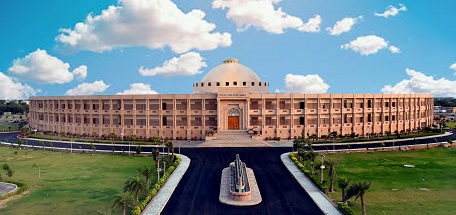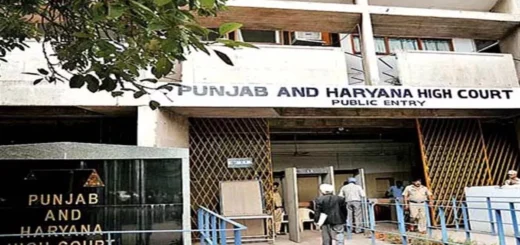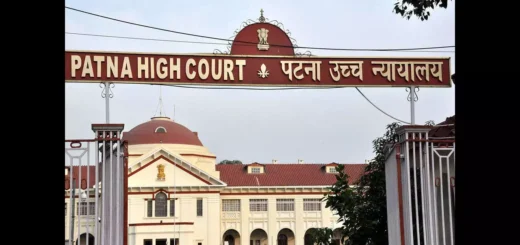Rajasthan High Court Rejects Police Official’s Request, Says Arms License Should Only Be Given When Necessary.

The Rajasthan High Court stated that an arms license should only be issued when there is a real need for self-defense, not just based on personal preference. This case involved a police officer who already had a licensed 12-bore gun, a gift from his father, and wanted a second license for a smaller firearm, claiming the larger gun was inconvenient to carry. The State denied his request, noting he did not provide enough reasons for needing another gun since he already had a legal one. Justice Anoop Kumar Dhand highlighted that owning and carrying firearms is a privilege granted by law, not a fundamental right. The Court clarified that no one in India has an absolute right to carry or own a firearm, as this is not covered under Article 21 of the Indian Constitution, which ensures the right to life and personal liberty.
The Court explained, “The purpose of the Arms Act is to allow citizens to have weapons for self-defense, but this does not mean everyone should get a license to own one. We do not live in a society without laws where people must have arms for protection. A license should be given only when there is a real need, not just because someone wants it.” Advocate Mahendra Sharma represented the Petitioner, while Advocate Suman Shekhawat represented the Respondent. In its decision, the Court pointed out that the size of the petitioner’s current gun was not a valid reason for asking for a second firearm. It added, “The fact that the first weapon, the 12-bore gun, is large does not justify a request for a second weapon that is smaller, like a revolver or pistol.”
The Court highlighted that the petitioner did not prove a real or urgent need for more weapons. It noted that the Arms Act aims to ensure weapons are issued only when there is a clear necessity, not based on personal choice or convenience. The Court compared this to U.S. gun laws, where the Second Amendment allows the right to bear arms mainly for self-defense against threats. However, it pointed out that even in the U.S., this right has reasonable limits and oversight. In India, the Court explained, “Arms licenses are created by law, and the Licensing Authority has the discretion to grant or deny these licenses based on the specific facts and circumstances of each case.”
The High Court determined that the petitioner did not show a particular threat to his life that would warrant the need for a second gun. As a result, the Court rejected the petition, supporting the licensing authority’s decision to deny the second firearm license.
Cause Title: Brijesh Kumar Singh v. State of Rajasthan & Anr.









